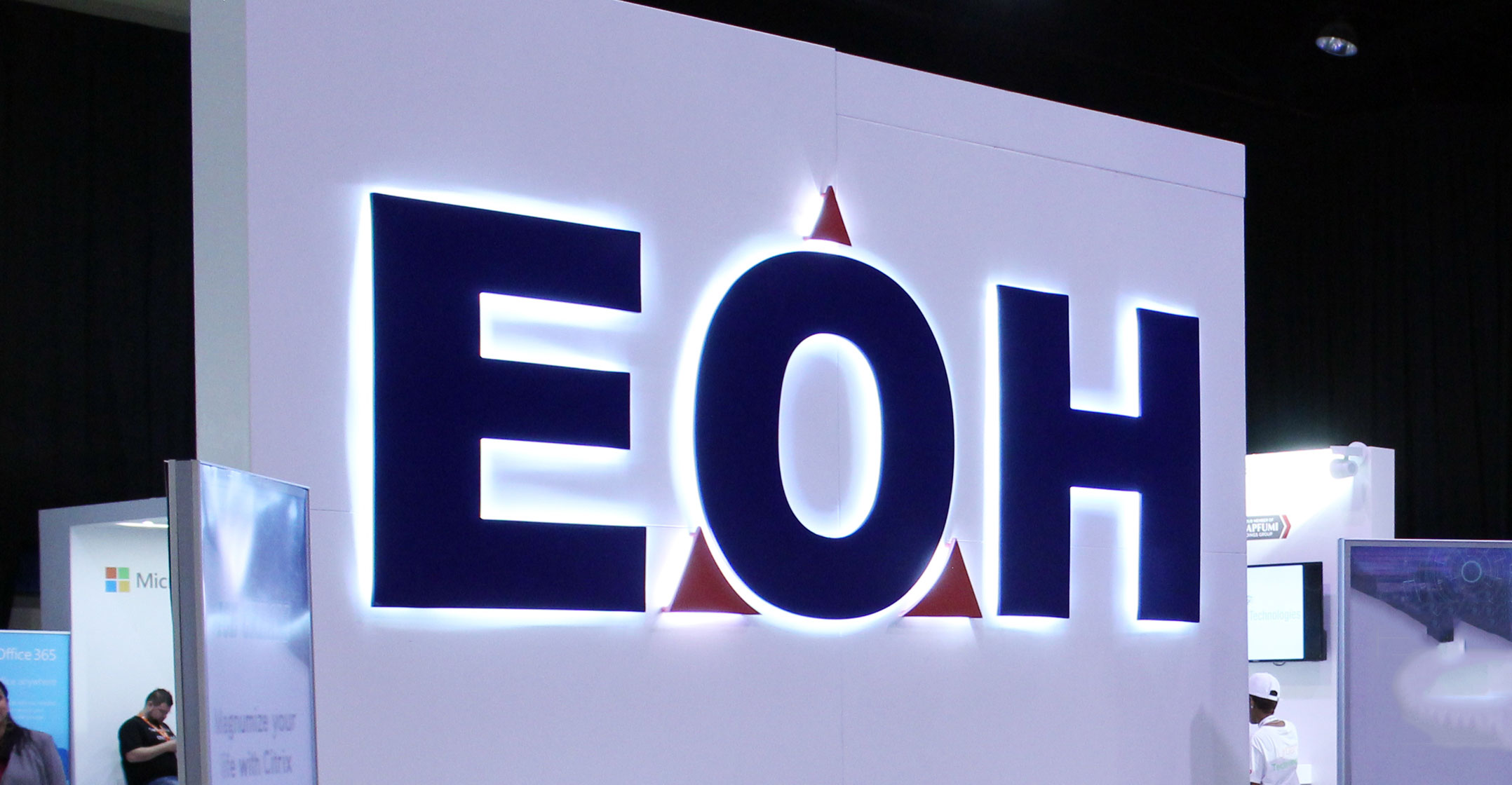
EOH Holdings is poised to slash employee salaries by as much as 20% in an effort to stave off a potential Covid-19 lockdown-induced crisis at the JSE-listed IT services group.
In a phone interview with TechCentral on Saturday, CEO Stephen van Coller said the plan, which could include putting some staff on four-day workweeks, will be finalised by Monday evening, ahead of the publication on Tuesday of the group’s interim results for the six months to end-January 2020.
The Covid-19 lockdown comes at a bad time for EOH, which is still recovering from corruption involving public sector contracts that spurred a major organisational and governance overhaul. Its share price has tanked by more than 98% in the past three years, giving it a market value of less than R500-million, from well over R20-billion at the peak.
The intention of the drastic measures is to try to save jobs, to prepare the group for what could be a severe shock to the economy and to ensure EOH can continue delivering IT services to corporate South Africa, Van Coller said.
He said there’s little consensus about the size of the economic recession that is coming, but predicted GDP growth could crash by between 5% and 10% in the coming months and severe economic pain could last for between six and nine months. The current lockdown could be extended to as long as six to eight weeks, he added.
EOH has a responsibility to protect its business to shield its clients, including banks, social grants agency Sassa, retailers, government departments and municipalities, which rely on its services to keep the economy functioning, he said.
‘Prepare for attack’
Using a war analogy, Van Coller said there is an “enemy” coming, but it’s not clear yet what the scale of the attack will be. “I’d be remiss if I didn’t prepare for the attack.”
He said many employees have voiced their preference to him that they take a cut to their salaries to protect the business rather than taking an axe to staff numbers. He said he is “building consensus” among his teams about the most appropriate way of defending the business.
“Our salary bill is about 50% of our costs. Fortunately for us, we have had a year’s practice at this. We massively streamlined and made ourselves fitter over the last year… We are lucky in that we have hit the ground running.”
 The plan now, Van Coller said, is to “buffer up as much as we can to get through the next three or four months”. This will mean cutting property rental costs, people costs and minimising spend across the board, such as on new computers and equipment. He said EOH can save 10% of turnover in costs on a monthly basis “if we push hard”.
The plan now, Van Coller said, is to “buffer up as much as we can to get through the next three or four months”. This will mean cutting property rental costs, people costs and minimising spend across the board, such as on new computers and equipment. He said EOH can save 10% of turnover in costs on a monthly basis “if we push hard”.
“Our people at least know that management is taking proper decisions, not bumbling through the woods. I can’t promise we won’t do retrenchments later, but at least we are going into this battle well prepared.”
He warned there are tough times ahead for South Africa and said government should also consider a 15-20% pay cut across the civil service. Other big companies should consider similar measures to avoid a jobs bloodbath.
“They are talking about 1.8 million jobs being lost. We cannot ignore that. That will be catastrophic” for South Africa, Van Coller said. “I don’t think we should be waiting. It’s irresponsible not to be conservative (at a time like this).”
EOH on Friday published an updated trading statement saying it expects to report continued losses for the six months to 31 January, though they are a big improvement on the losses (restated) reported a year ago.
It expects to report a loss from total operations of R6.87/share, a 67% improvement on the first half of last year. Continuing operations will report a loss of R5.27/share, a 75% improvement. — (c) 2020 NewsCentral Media




